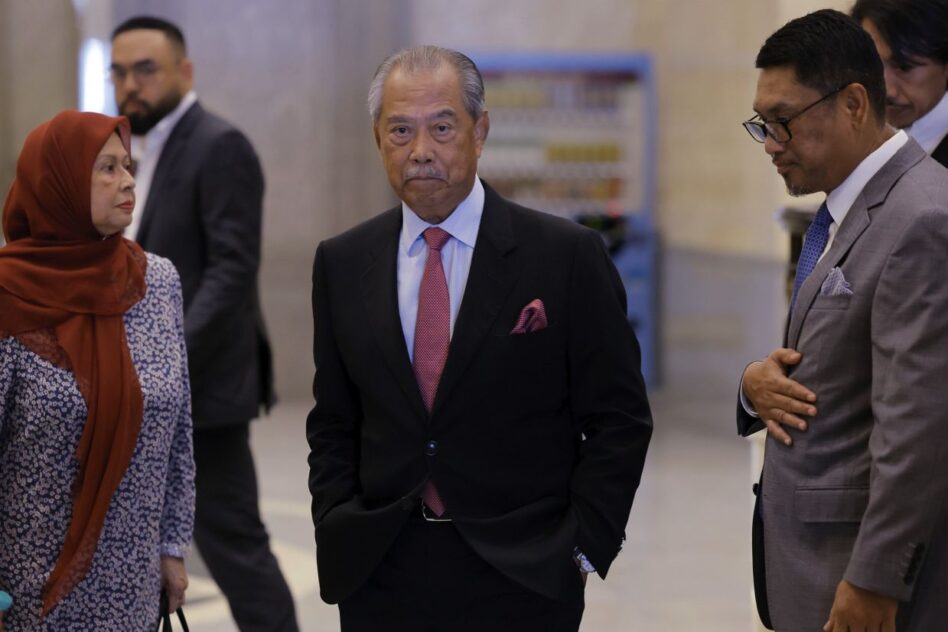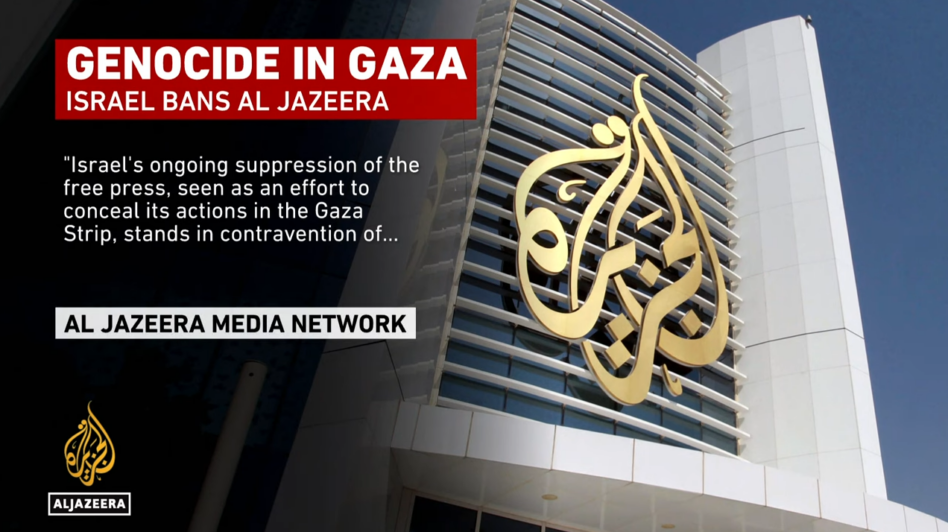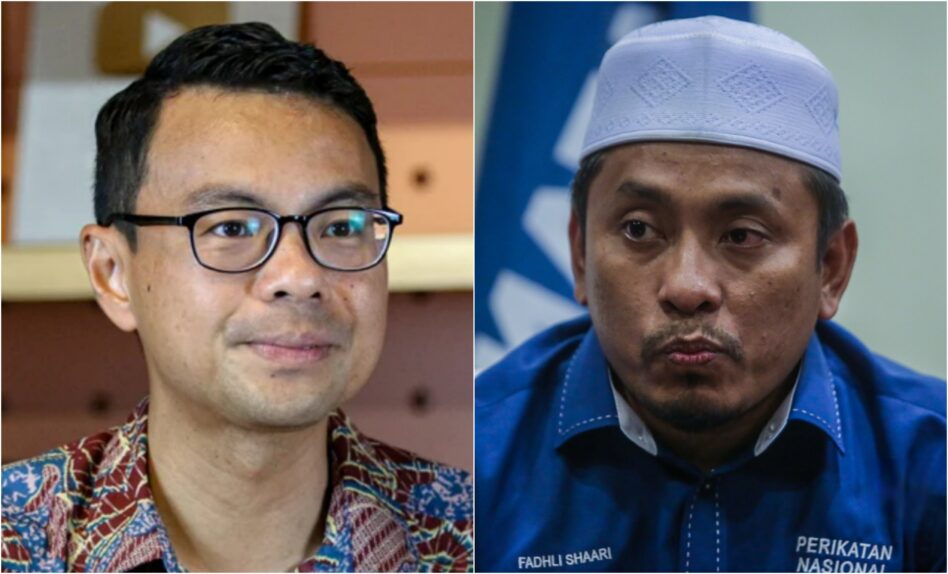IN March, Malaysia made headlines as it recorded the highest cumulative number of confirmed COVID-19 transmission in Southeast Asia with over 2,000 active cases.
To contain the spread of the virus, the Government undertook various measures which include imposition of the movement control order (MCO) and closing the borders. These unavoidable measures have severely affected the economic activities.
The Government has put in place a six-stage systematic approach known as 6R – Resolve, Resilience, Restart, Recovery, Revitalise and Reform – to weather through economic and health challenges of the pandemic.
Apart from that, it seeks to face the pandemic through a systematic approach which focuses on three pillars: safeguard the people, support businesses and finally, strengthen the economy.
The Government has thus far put together four stimulus packages comprising fiscal and non-fiscal measures – Economic Stimulus Package Prihatin Rakyat (PRIHATIN), Prihatin SME+, Short-Term Economic Recovery Plan (PENJANA) and the PRIHATIN Supplementary Initiative Package (KITA) – totalling RM305 bil.
Issues and challenges
Doubtlessly, the health crisis has impacted various economic activities while worsening existing issues such as food insecurity, limited employment opportunities, regional imbalances, lack of focus on sustainable development, the rising cost of living and insufficient affordable housing.
Furthermore, the economic development continues to be hindered by the apparent digital gap between industries and a constraint in the logistics sector.
Thus, the Budget 2021 – which is the fifth stage of “Revitalise” in the 6R approach – aims to strike a balance between addressing the immediate needs of the people and businesses, laying the foundation for a sustainable recovery and meeting the long-term aspiration of the nation.
As it is, the Budget focuses on four areas – caring for the people, steering the economy, sustainable living and enhancing public service delivery.
Caring for the people
The impact of the COVID-19 pandemic will spill over to year 2021 and the well-being of the people remains the priority of the Government. In Budget 2021, efforts will be streamlined towards addressing employment issues, enhancing social safety net and strengthening human capital.
Measures will also be formulated to facilitate the upward mobility of the people – through enhancing reskilling and upskilling programmes – by providing coordinated training programmes and improving existing courses to meet the demand of industries as well as to prepare for challenges of the Industrial Revolution 4.0 (IR4.0).
Additionally, the education system will be enhanced to facilitate online learning while school curriculums place greater emphasis on living skills such as entrepreneurship and social skills.
The needs of vulnerable group such as B40 will continue to be addressed. In this regard, the Malaysian Social Protection Council was reactivated to coordinate a holistic and integrated social welfare agenda. With this, the overall mechanism in delivering assistances to target groups will be improved.
Steering the economy
As Malaysia copes with the lingering effect of the COVID-19 pandemic, it is important for the economy to rebound on a more sustainable growth path. Moving forward, focus will be on increasing foreign direct investment (FDI), enhancing productivity and re-instilling consumer confidence.
Thus, prioritisation will be given to essential areas such as improving the ease of doing business, enhancing the usage of technology and digitalisation across both public and private sectors as well as ensuring a stable labour market. Also, various initiatives will be mapped to offer a better conducive environment for businesses and FDI to thrive.
Not to be forgotten are the small and medium enterprises (SMEs) which form a vital component of the Malaysia economy by contributing more than a third of the country’s total gross domestic product and providing jobs to over seven million workers.
The challenges faced by SMEs during the COVID-19 pandemic point to the need for adoption and adaptation of new business approaches. Therefore, the Government will focus on the development of resilient SMEs to weather crisis of sorts.
Similarly, it will continue to provide the necessary support for SMEs to prosper in the new environment, including the potential of going global. Budget 2021 will also introduce measures to increase productivity by enhancing the adoption of technology not only for SMEs but across the board to include individuals and corporates.
Ensuring sustainable living
In Budget 2021, the Government will continue to protect the environment by encouraging behavioural shift among the people as well as businesses towards better management of environment and biodiversity.
The Government will forge a closer collaboration with the relevant non-governmental organisations (NGOs) and civil society organisations (CSOs) to enhance management of the environment and natural resources.
In addressing the needs of achieving sustainable development goals (SDGs), programmes and initiatives will be in line with the 12th Malaysia Plan (12MP), specifically in the allocation for sustainable development. The financing needs in achieving the SDGs will be mapped in early 2021.
Enhancing public service delivery
The public service plays a crucial role in in ensuring the development of the nation and the quality of services will determine whether the goals and outcomes of all plans and programmes formulated are achieved accordingly.
In Budget 2021, the Government aims to be more outcome-driven and implementation-focused as well as support the people and businesses in a more targeted manner.
It will focus on enhancing the existing delivery mechanisms in ensuring all assistances and incentives benefit the target groups. Hence, the National Economic Stimulus Implementation and Inter Agency Coordination (LAKSANA) has been established to ensure all economic stimulus programmes are implemented promptly and is able to reach the targeted groups.
LAKSANA also partners with other stakeholders to further improve the effectiveness of the programmes. Moving forward, the Government will review existing enterprise architecture across all Government agencies to sync with the IR4.0 and will collaborate with NGOs and CSOs as development partners in areas such as forestry, biodiversity, poverty and other social issues.
Conclusion
Due to the imposition of MCO to contain the outbreak, the Malaysian economy shrank by 8.3% in the first half of 2020. However, the economy is projected to improve in the second half of 2020 with a smaller contraction of 4.5%.
In tandem with the forecasted improvement in global trade, consumer sentiments and business confidence, the economy is expected to recover and post a growth of between 6.5% and 7.5%.
The Budget 2021 will implement measures to enhance the well-being of the people, steer the economy towards a sustainable growth path, enable sustainable living and improve public service delivery.
Additionally, it will also serve as the foundation for the nation to progress towards a developed and inclusive country as targeted in the 12MP. The last stage of the 6R approach is “Reform” where medium-term strategies to reform the economy will be outlined in the 12MP (2021-2025). – Nov 6, 2020










